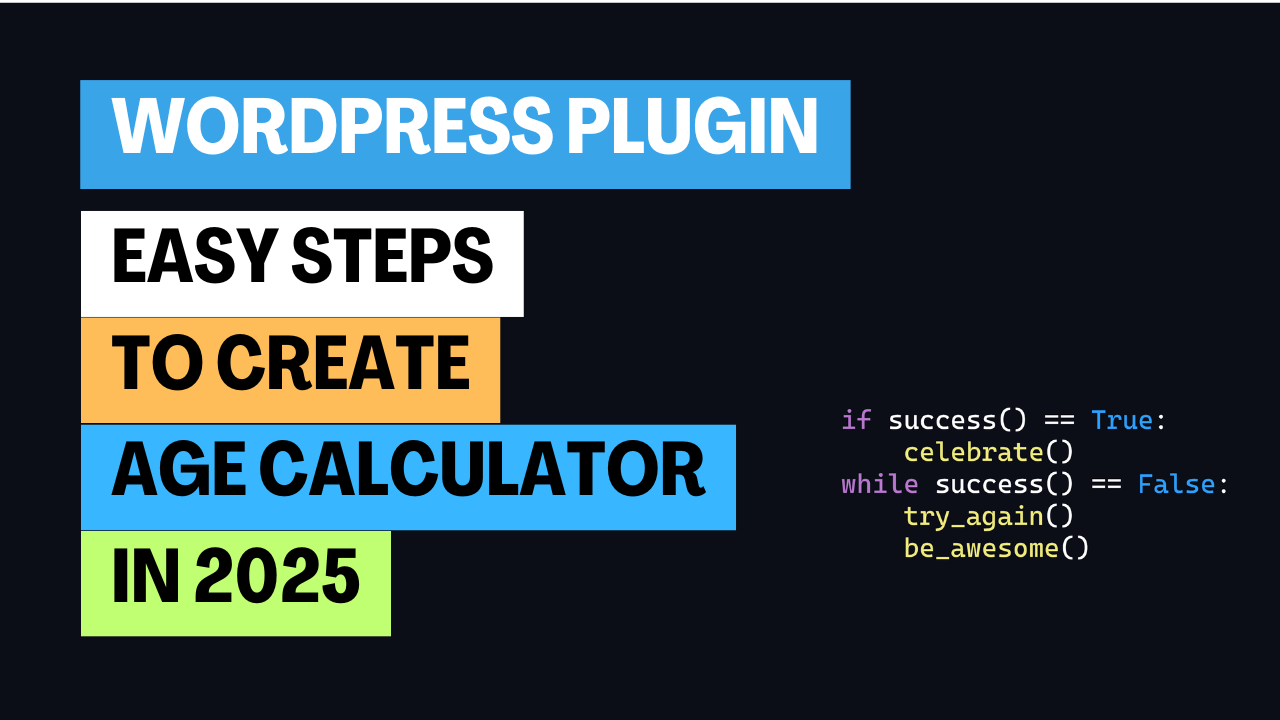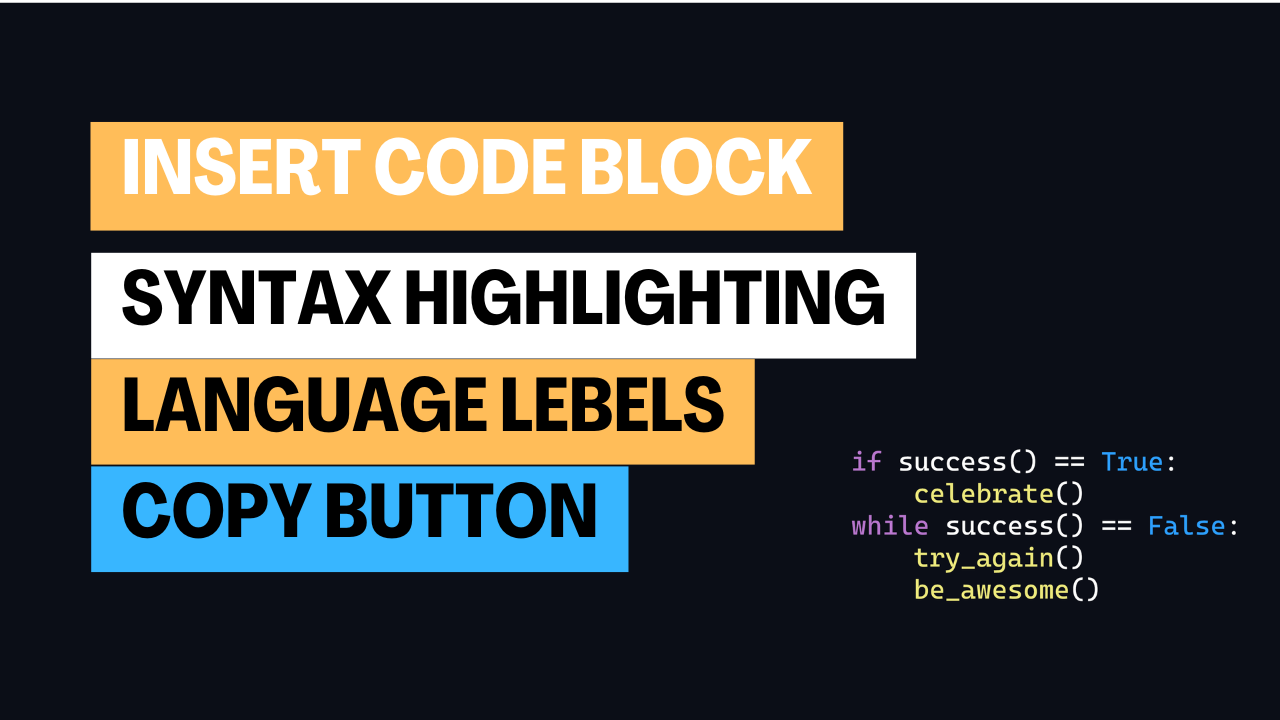Why PHP for SEO?
PHP is a versatile language that allows developers to create dynamic and interactive websites. It can be used to generate HTML content, manage sessions, handle forms, and interact with databases. By leveraging PHP's capabilities, you can create SEO-friendly websites that are not only functional but also highly visible to search engines.
Key Strategies for SEO Optimization with PHP
Dynamic Meta Tags Generation: Meta tags, including title tags and meta descriptions, play a crucial role in SEO. Using PHP, you can dynamically generate these tags based on the content of your pages.
<?php $pageTitle = "Your Dynamic Page Title" ; $pageDescription = "A brief description of your page content." ; ?> <title><?php echo $pageTitle ; ?> </title> <meta name="description" content="<?php echo $pageDescription ; ?>" >
SEO-Friendly URLs: Clean and descriptive URLs are preferred by search engines and users. Use PHP to create SEO-friendly URLs by rewriting them using .htaccess.
RewriteEngine On RewriteRule ^post/([0-9]+)$ post.php?id=$1 [L]
XML Sitemaps: An XML sitemap helps search engines understand the structure of your website. Generate an XML sitemap using PHP to ensure all your pages are indexed.
<?php echo "<?xml version='1.0' encoding='UTF-8'?>" ; echo "<urlset xmlns='http://www.sitemaps.org/schemas/sitemap/0.9'>" ; foreach ($pages as $page ) { echo "<url>" ; echo "<loc>" . $page ['url' ] . "</loc>" ; echo "<lastmod>" . $page ['lastmod' ] . "</lastmod>" ; echo "<changefreq>weekly</changefreq>" ; echo "<priority>0.8</priority>" ; echo "</url>" ; } echo "</urlset>" ; ?>
Canonical Tags: Canonical tags help prevent duplicate content issues by specifying the preferred version of a webpage. Implement these tags dynamically using PHP.
<?php $canonicalUrl = "https://www.yourwebsite.com" . $_SERVER ['REQUEST_URI' ]; ?> <link rel="canonical" href="<?php echo $canonicalUrl ; ?>" >
Optimized Content Delivery: Improve page load times by optimizing content delivery. Use PHP to enable Gzip compression and leverage browser caching.
<?php if (substr_count ($_SERVER ['HTTP_ACCEPT_ENCODING' ], 'gzip' )) { ob_start ("ob_gzhandler" ); } else { ob_start (); } ?>
Additional Tips for Effective PHP SEO
- Mobile Optimization: Ensure your website is mobile-friendly. Use responsive design techniques and test your site on various devices.
- Structured Data: Implement structured data using PHP to enhance search engine understanding of your content.
- Security: Protect your website from malicious attacks. A secure website builds trust and improves SEO.
Conclusion
Optimizing your PHP scripts for SEO is a powerful way to enhance your website's visibility and performance. By implementing dynamic meta tags, SEO-friendly URLs, XML sitemaps, canonical tags, and optimized content delivery, you can significantly improve your search engine rankings. Remember, SEO is an ongoing process, so continually monitor your website's performance and make necessary adjustments.
Embrace the power of PHP to create a website that not only attracts visitors but also ranks high on search engines. Happy coding!








